Personal development is the process of discovery through self-awareness and understanding of the nature of the mind. It leads to greater consciousness and an even better relationship between body and mind. The process allows you to continually develop yourself to reach your full potential.
Are you struggling with the simple desire to be content and happy? And at the same time, are you plagued with the feeling that you need to do more, achieve more, and be better? This, unfortunately, is a dangerous recipe that can often lead to depression and overall dissatisfaction with life.
For some, the quest for personal growth or development starts when they have reached a point of exhaustion. For others, it is a life-long journey of curiosity and learning.
Whether personal growth is a new idea for you or something that has been floating in your mind for ages, getting started on its path is frequently not the easiest thing to do. And, for some, personal development can have a rather weird aftertaste.
I hear you and truly understand where that comes from! That’s why, before we start, I would like to give a little background of some of the great minds who have devoted their lives to the subject.
The founders of personal and leadership development.
It might surprise you that ancient philosophers were the first to dedicate their time to how to become a better version of yourself. So, self-development is not just a modern fad; it is one of the oldest human practices.
Almost 2,500 years ago, Plato described the psyche as the essence of who you are and the core of what initiates your behavior. He proposed knowledge as a pure value that is in each person and that can be awakened through memory. Further, Plato presented wisdom as a skill of living that determines happiness by directing one’s life as a whole. This can more accurately be understood as the “key to human flourishing”.”.
The ancient philosophers were consumed by the question of how to create an ethical and fulfilled life. This question represents the basis of personal development and, most likely, the core of what keeps you awake at night.
More recently, William Ralph Inge, the Gloomy Dean, provided a succinct summary when he said “The object of studying philosophy is to know one’s mind, not other people’s [minds] “.
So, and philosophy is more than just the pursuit of knowledge; it is a practice that enables us to analyze, assess, and reason. It is a tool for acquiring and sharpening critical thinking and problem-solving skills.
Women in philosophy.
I would also like to introduce two women philosophers who have significantly contributed to the topic of personal growth.
Hypatia’s, work was located at the Library of Alexandria which was burned by Julius Caesar in 48 BC. Therefore, as with many female figures in history, there is not much left of her written work. However, we do know that she was one of the last scholars at the University of Alexandria. Her life was dedicated to science and improving the mind. Her teachings allow you to look at your own belief system critically. This is the core of personal development; it enables understanding of how your mind operates and how you are holding yourself back.
Professor Judith Butler is another more recent female (non-binary) philosopher and academic. Butler made a significant contribution to the topic of performative aspects of gender and even the performance of sex. She proposes that gender is something that we do rather than something that exists naturally.
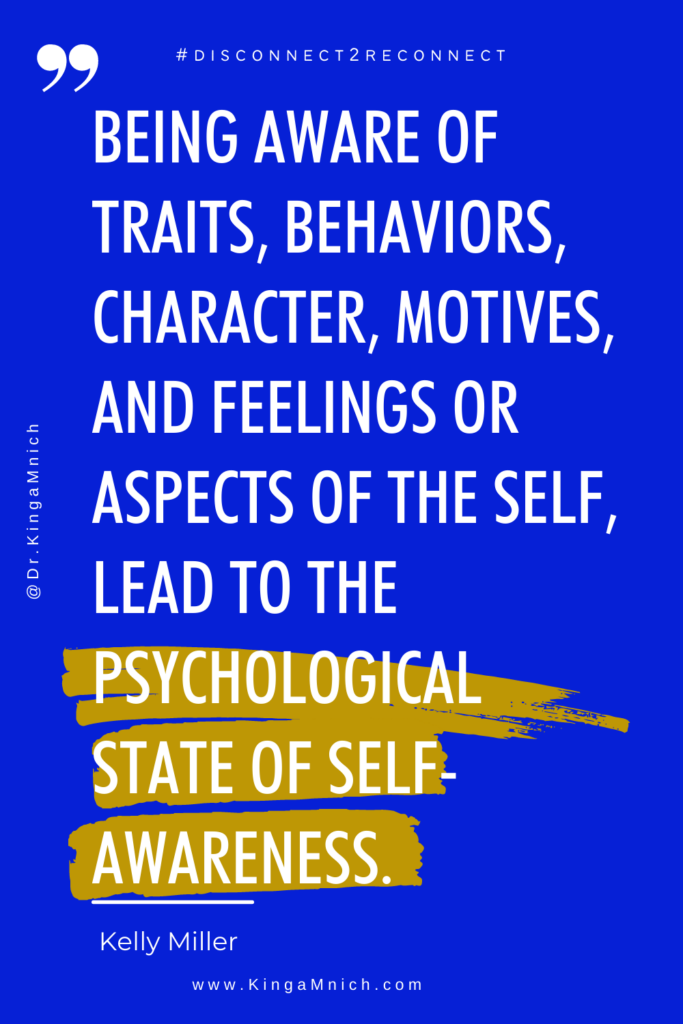
Background summary
Most philosophers, sociologists, and certain psychologists have made it their purpose to question social and cultural standards. All in all, this is exploring what it takes to be the best version of oneself.
If you are truly curious about personal development, I recommend you do not ignore philosophy. This ancient practice of sharpening the mind is a great tool to develop self-awareness and critical thinking; two characteristics that certainly make great leaders.
But let’s examine modern personal development practices further and consider why you might be skeptical about some of them.
Firstly, why is personal development important?
Personal development is the help you are seeking if you have ever asked questions such as:
- How can I live my life to the fullest and have a successful career?
- Am I wasting my time?
- Who am I?
- Am I living my life with purpose?
- How can I contribute to society meaningfully?
What are the individual steps of personal development?
Individual development starts with a self-exploration journey to establish a realistic understanding of your natural strengths. This allows you to discover in which areas of life you may need improvement and/or support.
According to Martina Seligman, the founder of positive psychology, having a clear understanding of your strengths and virtues is one of the three kinds of happiness. The other two are pleasure/gratification, and meaning/purpose.
Why Do You Need Personal Growth?
By creating insight, self-awareness, and perspective over your strengths and potential, you develop significant self-knowledge. This allows you to dive deeper into your aspirations and goals; to find who you are, what you want to contribute, and how you can do it.
This, inherently, will give you insight into where you see yourself professionally and how you want to proceed.
Does your gender play a role in personal development?
So, back to Butler for a moment. What does it mean for you to be a woman or a man? Do gender roles play a big part in understanding who you are? Or maybe you are not identifying with these social roles and how they are being enacted?
Butler’s work extends Erving Goffman’s theory and enables you to distance your identity from the roles you are required to play. It allows you to explore personal choices without feeling bound by standard definitions of ‘normal’.
Is personal development a lifelong process?
It depends on your goals and whether they are more internally or externally oriented! For example, are you just interested in becoming happier? Or are you seeking to become a better version of yourself overall?
The latter is an ongoing process. Personal growth starts with assessing your strengths and understanding who you are and what are your goals in life. It is not just a matter of diving into popular wellness practices or leadership development; both of which are primarily externally oriented practices.
I would be worried about a 10 -12-week program that promises to turn you into a whole new person. Are you really, in such a short time, going to be able to change habits that took decades to develop?
But for those of you still impatient for results, there is good news. Some specific goals can undoubtedly be achieved in shorter increments of time.
Is there a difference between personal development and leadership development?
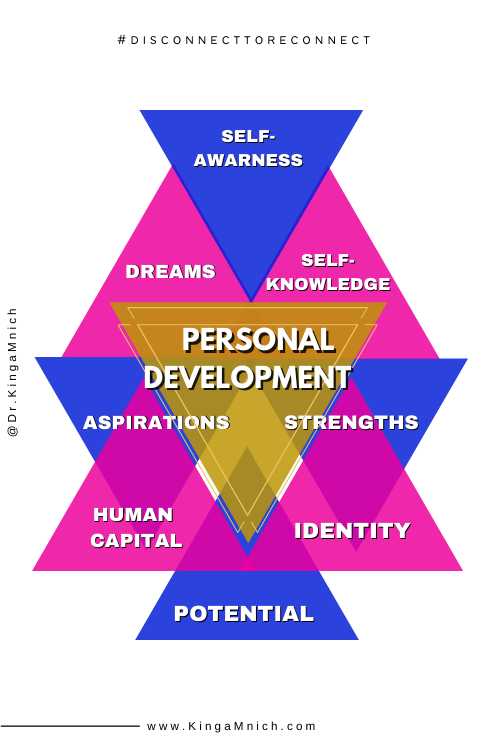
Well, if you ask me, I would say that every leader needs to start with personal development. ‘Lead yourself, so you can lead others’ is one of the core messages of the Ziva Way philosophy. And let’s be honest, how can someone lead a team, if he or she is unaware of their own potential, ability, and shortcomings?
Wouldn’t you agree that to see potential in others, we need ourselves to be self-aware and understand what it takes to create an environment in which everyone can flourish? And isn’t this the true task of a leader?
Where should you start?
As mentioned above, self-awareness is the cornerstone of personal and leadership development. According to Kelly Miller, self-awareness, practicing daily reflection and introspection, allows you to:
- Find out what you really want out of this precious life.
- Become aware of your traits, your behavior, and your character.
- Know what motivates you, and, most importantly, know what you are feeling.
Self-awareness also increases personal responsibility within society, while understanding what you don’t agree with (Carver, 2003). Furthermore, it allows you to see success as an internal accomplishment which inadvertently increases self-esteem. Self-awareness enables you to change habits successfully through self-control and improved self-regulation; it represents the first step in developing your emotional intelligence. According to Csikszentmilhalyi (1996) it also helps you to be more creative and have better creative achievements.
Last, but not least, it empowers you to see and understand different perspectives – even those you may not agree with.
Overall, developing greater self-awareness helps you to live a more calm and aligned life. And for many, this is a sufficient step in creating more joy and happiness. Just by working on this you will achieve great self-improvement in your personal and professional life.
How to continue on the journey of personal growth?
Once you have started, it is pretty simple to continue on the journey. Once you are aware of who you are, what you stand for, what feels aligned with your values, and what needs to change to make your life more fulfilled, you will know what to do. The question then just becomes, do you want to do it alone, or do you want support?
Generally, however, you have all it takes to make that first step by yourself. But, when you still can’t say no or can’t set boundaries, it can be difficult to change habits or learn new skill-sets. Also, struggling to let go of the parts that are holding you back or even overcoming trauma can seem like insurmountable barriers. These are the moments when finding someone – a counselor, psychologist, or coach – who can support you becomes quite handy.
True satisfaction comes through understanding that you cannot control everything around you. You know that you are doing your best to create a better environment for yourself and the people around you. This contentment allows you to understand your emotions as an internal guide rather than something you fall victim to.
What is the final destination of personal growth?
Integrity and the ability to understand that you are part of something more significant is the end goal of personal development. In some philosophies, such as Buddhism, this is described as nirvana or true bliss- or, as Plato would see it – happiness. It enables you to take actions based on the principles of strengths, virtue, pleasure/gratification, meaning/purpose.
And, this also equates with the idea of a growth mindset vs. a fixed one. Jack Zenger and Joseph Folkman speak about the defensive tendency of ‘proving’ (defending a fixed mindset) and the accepting tendency of ‘improving’ (having a growth mindset). A growth mindset – improving – is a great indicator of your success in personal development.
If your aim is to improve yourself, I can assure you that you will have much fun on this journey. And, you will be successful.
Outlook:
I hope that I have closed the circle between philosophy, positive psychology, and personal development practice for you; enabling you to understand why self-awareness is the starting point and how you can benefit from it. I also hope that it became clear to you when to start asking for support. And what the benefit is for your personal and professional life.
The Ziva Way hosts monthly meetings for subscribers to support different aspects of personal and leadership development. We are fortunate to have a superb network of contributors sharing their experiences.
PS: Writing this piece also presented some difficulties, as I realized the lack of female voices in this space. I would love to continue this conversation to understand further if there is a difference between women, men, and nonbinary in self-development. And why are there so few female writers that exist in that space?
Read More:
Articles
How Age and Gender Affect Self-Improvement
Books:
Susan Jeffers: Feel the fear, and do it anyway.
Katty Kay & Claire Shipman: The confidence code.
Mihaly Csikszentmihalzi: Finding Flow.


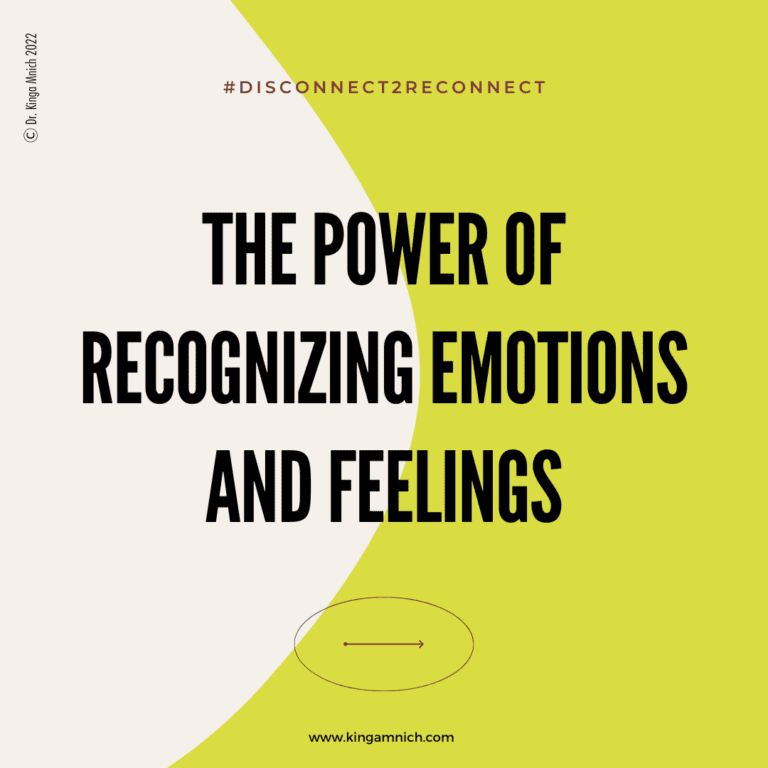
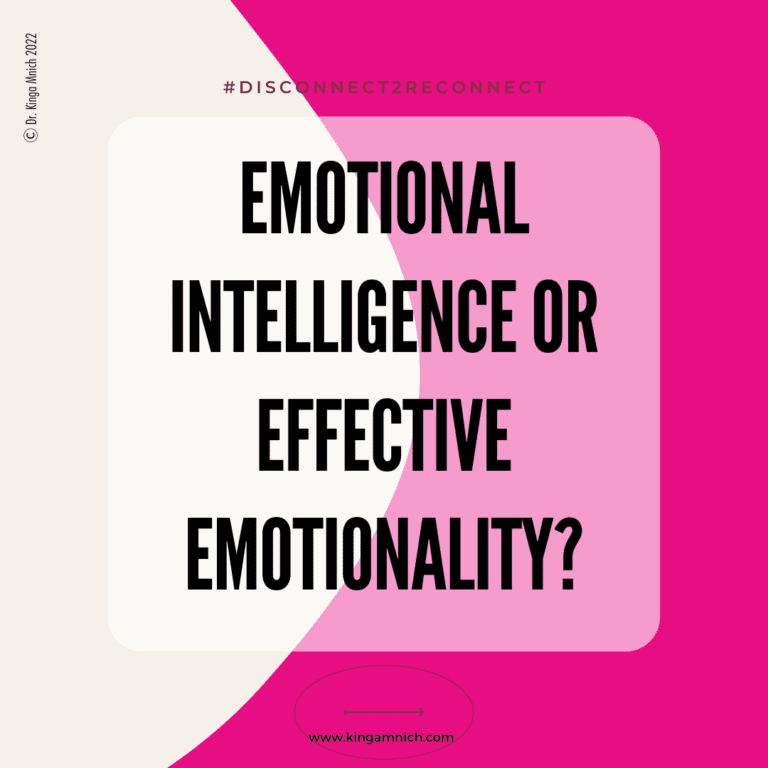
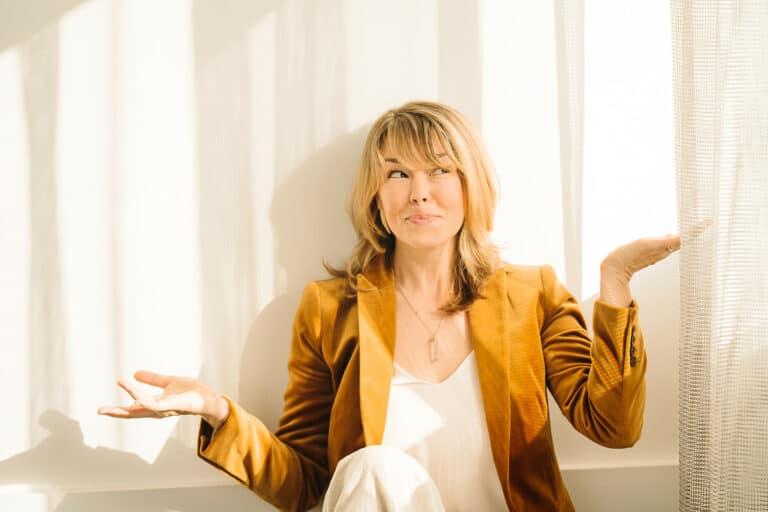

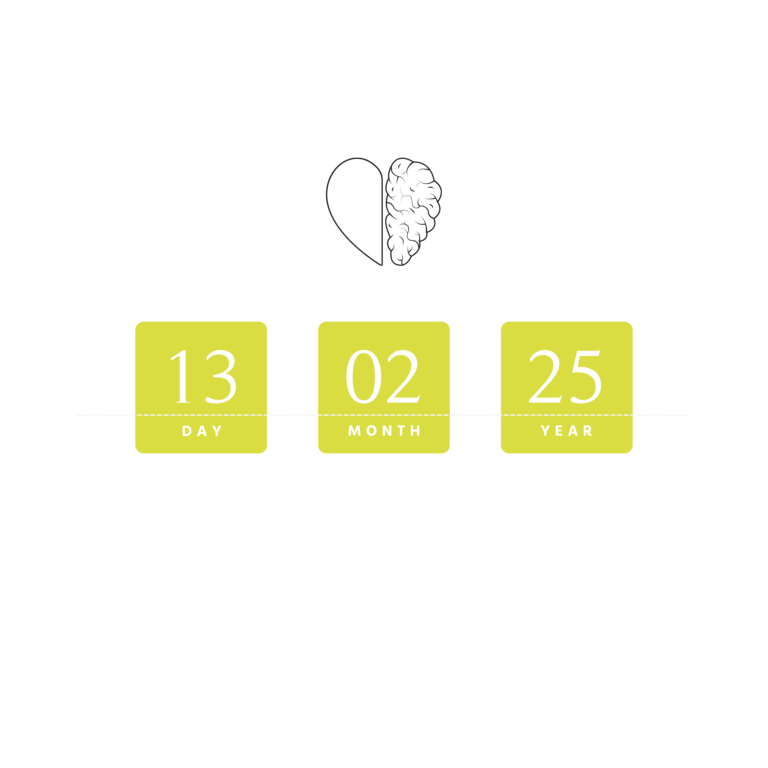

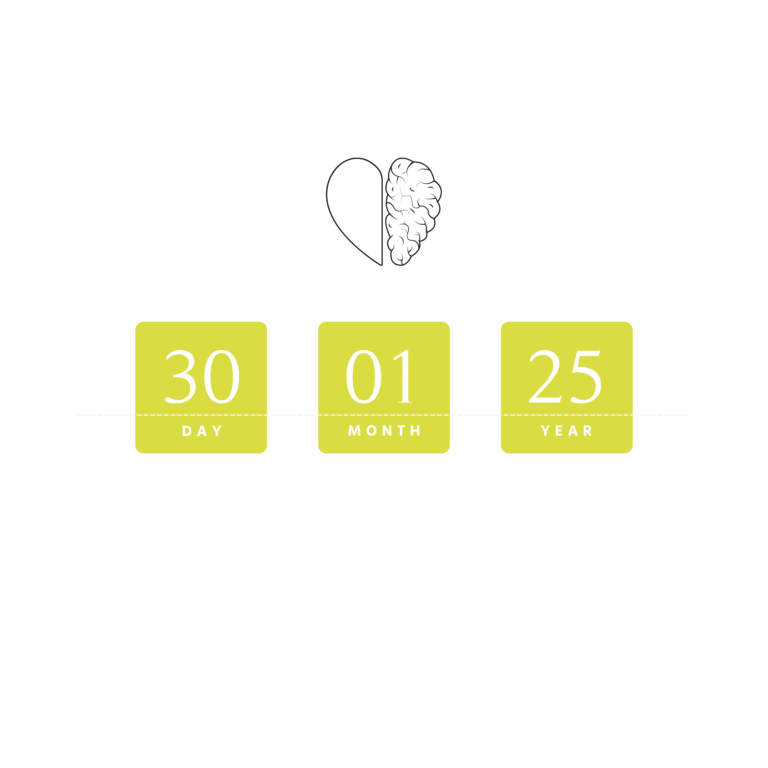




5 Comments
The content read by me ,
Something Matching with my ideological method.
That’s why I queried.
Thank you.
I can’t thank you enough! Blessings upon your gift of impacting mental value to humanity.
Incredible post! The way you explained all things was clear and concise, yet packed with valuable insights. Definitely bookmarking this to revisit later!
Need more art pls
Do you mean visuals that showcase the topic?